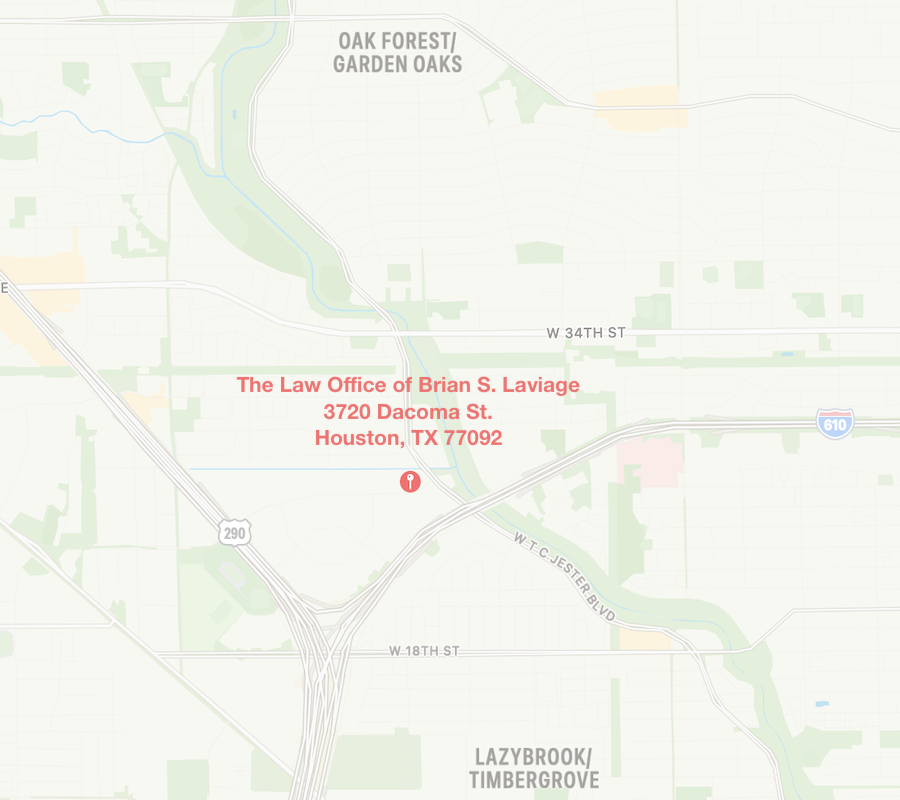
National Expungement Week: Helping Those with Cannabis Convictions and More
Wednesday, Sep 25, 2019 by Brian Laviage
The sudden cultural shift to legalizing cannabis and medical marijuana has left a bitter taste in the mouth of those already convicted of possession. It is a cruel irony that marijuana convictions continue to inflict penalties while the newest round of laws make these same practices legal. This change, while welcomed by advocates, is small consolation to individuals, families and entire communities who faced a relentless decades-long assault from the legal system under the euphemistic War on Drugs.
Unequal Policy Enforcement
Besides the incredible harm done to individuals, certain members of society also suffered disproportionately under this policy, which targeted particular racial groups. According to the Drug Policy Alliance, almost 47 percent of people arrested for drug-related violations were Black or Latino, but this group only makes up 35.5 percent of the total population. In addition, the DPA reports that 22 states have now decriminalized or removed mandatory prison sentences for small amounts of marijuana possession.
This situation is intolerable for family members after already enduring the painful process of having a loved one taken away and imprisoned for a minor offense that is now decriminalized entirely. In addition to the personal trauma of the whole experience, a criminal record is attached to the wrongfully incarcerated person. Expunging the record is not automatic, even after the system begins to make reforms and changes. This puts the burden of seeking expungement upon the individual and family members. For this reason, many people feel that the legal concept of reparations is being disrespected.
To complicate the situation, many of these families are unaware that expungement is an option. Expunging the record can improve the person’s prospects for housing and job opportunities. While the greater society debates how to rehabilitate drug offenders instead of incarcerating them, the damage to those already affected continues. Many people are being released with a conviction permanently on their criminal record.
National Expungement Week
National Expungement Week, or N.E.W., is one effort being made to raise about the need for rehabilitation instead of incarceration as well as record expungement. People with cannabis convictions and other minor offenses deserve help during the process of repairing their lives from these devastating, biased policies. Learn about the options available to see if this is something that could help you or someone you care about.
There are a few terms that should be defined to help members of the public understand the process:
- Record expungement: Expungement means that the offense is completely destroyed and is no longer available to members of the public. This includes employers, mortgage brokers, financial institutions and other parties.
- Record sealing: Sealed records mean that the conviction can still be viewed by employers, law enforcement and others with access to these records. However, the sealing prevents these records from being readily accessible to the general public. In general, a court order is needed to view these records.
- Expungement eligibility: Federal, state and local laws determine eligibility, and these are all subject to change.
- National Expungement Week: This is an organized effort to simultaneously raise awareness and create new options for people being released into their communities after paying the price for the failed War on Drugs.
Cannabis Convictions and Consequences
Expungement partially repairs some of the damage inflicted by a society that insisted on incarcerating drug offenders without even considering rehabilitation. Criminalizing marijuana ultimately produced an indefensible level of incarceration. According to a report issued by N.E.W., over 77 million Americans are suffering from the consequences that come with a criminal conviction.
Many employers and housing agencies refuse to look into the details of any criminal record. This includes the number of years that have passed since the alleged offense first occurred. To be held responsible for something that happened decades ago and caused no actual harm is certainly cruel and unusual punishment. However, this was normalized over a period of decades, and many still view ongoing punishment as normal. It is unfortunate that the unfolding consequences of this policy mistake are still being paid by the same people who were targeted by it.
Witnessing the Harm, Racist Policies
Examples of harm caused by the deeply racialized War on Drugs are numerous. Even after a drug offender serves time in prison for something that should have led to rehabilitation instead of incarceration, the penalties continue. For example, voting rights are often denied even after the time is served. Housing, employment, public assistance and educational opportunities are routinely cut off after a person has a conviction for a drug offense.
This is sometimes called the collateral consequences, but it is experienced as a deep, systemic injustice by the affected individuals, families and communities. This is why N.E.W. advocates continue to call for automatic expungements, but the legal system is slow to recognize its own flaws. This tendency also slows down the process of making repairs, even as disproportionate punishments are still inflicting harm.
Federal, State and Local Laws
One of the most frustrating aspects of the record sealing or record expungement process is the differences in state and local laws. This can create another added barrier to getting the person’s criminal record cleared. According to the L.A. County District Attorney, “very few people took the legal action required to clear their records.” This was the case even after the state legalized marijuana, which made criminal convictions for marijuana possession into an irreconcilable contradiction. Automatic expungements are possible, but they are still too rare.
Expungement Eligibility for Marijuana Convictions
Instead of a nation-wide automatic expungement process, state and local jurisdictions have a patchwork of procedures that create a bureaucratic maze for people seeking to expunge their criminal record. Even though cannabis convictions are widely viewed as legacy, or outdated, they are still used against the person when seeking employment, housing and the restoration of civil rights.
Some states only allow expungement for misdemeanor offenses or arrests, but they won’t allow it for felonies. The process often involves a form that must be requested from the courts. Although it isn’t technically necessary to involve a lawyer in the request for expungement, some people will get the assistance of an attorney because it simplifies the process.
Other factors that might affect the eligibility for expungement include the type of offense as well as the laws that are particular to the state or county where the incident occurred. Events held by N.E.W. provide affected communities with the resources necessary to get questions answered and take action on expunging records.

